Third-party candidates' 'extraordinarily difficult' task to attract voters, get on ballot
- Oops!Something went wrong.Please try again later.
After casting his vote for Donald Trump for president in 2016 in what he thought was a "fail-safe" decision, Romeo Keyes became so angry with his choice that he didn't even bother voting during the highly contested presidential race in 2020.
"I picked the less of two evils back then, and I just didn't want to do it again," said Keyes, 26. A writer and native of South Central Los Angeles, Keyes said he plans to vote this time for Robert F. Kennedy Jr., the environmental lawyer who became an independent candidate in October.
Either a Republican or a Democrat has claimed the White House since Zachary Taylor won as a Whig in 1848. But this year, perhaps more than in recent election years, some Americans are fed up with both major parties and are looking elsewhere.
Though not polling high enough to topple the two leading parties, independent candidates have earned enough votes to swing presidential elections. Businessman Ross Perot, for example, claimed 19% of the national vote in 1992, likely helping Democrat Bill Clinton win the presidency.
It's tough to challenge America's entrenched two-party system.
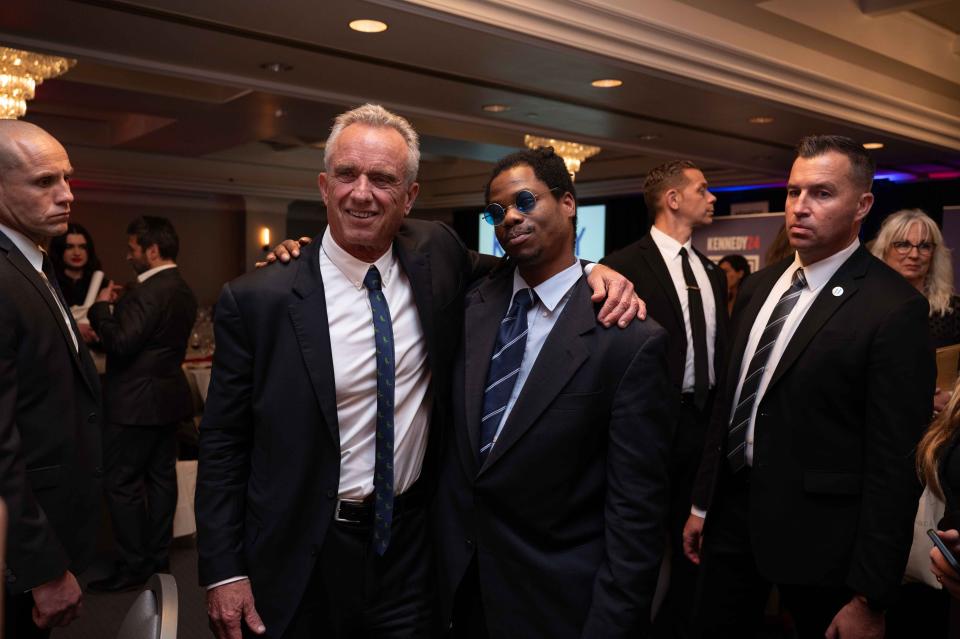
Getting on 50 state ballots ‒ each with its own rules and regulations ‒ is complicated, time-consuming and expensive. Kennedy's campaign estimates it will cost $30 million.
In California, for example, an independent candidate must collect about 219,000 signatures over 105 days, starting in April, according to Ballot Access News. By contrast, in Maine, with a population of just 1.4 million compared with California's 39 million, an independent candidate needs to get only 4,000 to 5,000 voter signatures to get on the ballot. And in Florida, independent candidates need 145,040 signatures to get on that state's presidential ballot.
"It’s quite a logistical nightmare for any third-party or independent candidate," said Theresa Amato, a lawyer, author and national campaign manager for consumer advocate Ralph Nader's 2000 and 2004 presidential runs. (Nader earned 2.7% of the national vote in 2000, contributing to Republican George H. W. Bush's win over Democrat Al Gore. He won less than 1% of the national vote in 2004 and 2008.)
"If you're not on the ballot, you're nowhere," Amato said.
Third-party candidates are also typically left out of the primary process.
In Pennsylvania, for instance, people registered as independents can't vote in primaries.
“So who is voting? It's the extremes. It's the voices on the far left and the far right mostly," said former Pennsylvania Secretary of State Kathy Boockvar. "That just reinforces the same and the same and the same.’’
Election process rules could be improved to allow more third parties to form and get on ballots, and independents could be allowed to vote in primaries, she said, though she doesn’t expect changes this year.
It's precisely the people who have succeeded in the current system who would have to make the changes.
“Incumbency is so powerful,’’ Boockvar said. “And if all they care about is their interest, then they’re not going to vote for something that puts them more at risk, and that’s 100% what it’s about.”
A glance at the best photos worldwide: The day in pictures
Current third-party candidates
So far, Kennedy has qualified for just one state's ballot: Utah. The Democratic National Committee has sued his super PAC, American Values 2024, which is funding efforts to get him on the ballot in five other states, alleging the funding amounts to an illegal contribution.
West Virginia Sen. Joe Manchin announced earlier this month that he won't run for president after pondering for months whether to launch a third-party candidacy.
This year's only other declared third-party candidate, activist and professor Cornel West, has said his objective is to get his name on the ballot in 15 states by March and 30 to 35 states by June, with hopes of getting on all 50 (or slightly less) by Election Day in November. West told CNN on Tuesday that he has qualified to get on the ballot in Alaska, Oregon and South Carolina and should reach his goal to be on "at least 15 states by mid-March."
"We are on the move," West said. "It is a multiracial, multi-gendered, multi-religious movement rooted in truth, justice and love."
When asked if he will be on the ballot in crucial battleground states, West said, "I think we will." He hopes to get on the ballot in Michigan and Arizona, Texas, but admitted that states such as New York, Texas and California could be challenging.
West then borrowed a line repeatedly said by GOP presidential candidate Nikki Haley, that 70% of Americans don’t want to see a Trump-Biden rematch.
"My God, what an unprecedented moment for independent candidates," he said.
West's campaign raised $638,629 in 2023 and spent more than $550,000, according to ProPublica's Campaign Finance Itemizer. The West campaign did not return USA TODAY's repeated requests for comment.
Former New Jersey Gov. Chris Christie also has suggested he might run as a third-party candidate.
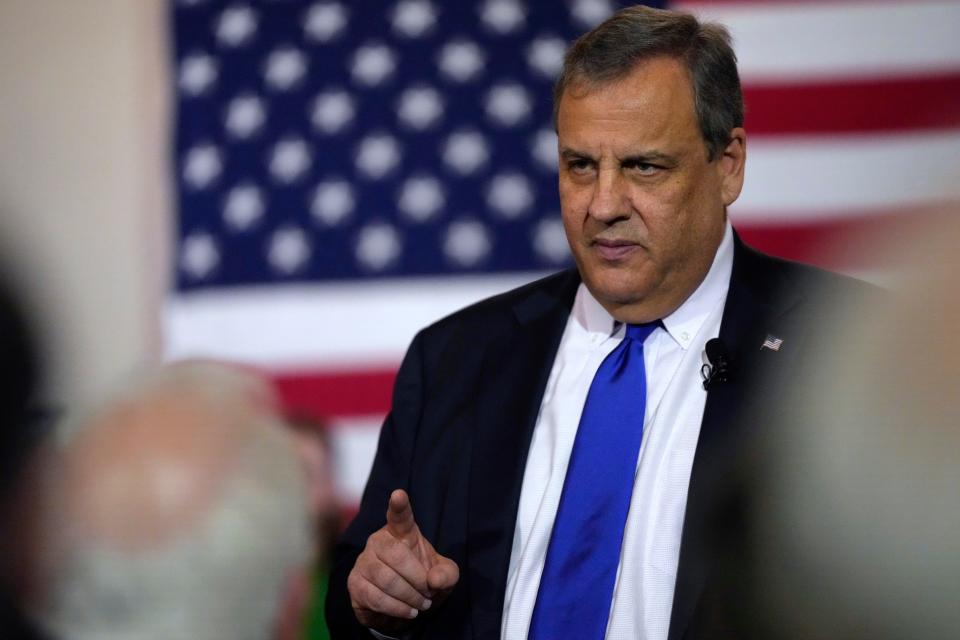

Christie, who dropped out of the GOP race in January, said on ABC's "Good Morning America" in mid-February that he would consider a third-party run after having "a long conversation" with his wife, Mary Pat, and if the bipartisan group No Labels, which is seeking candidates for an independent unity ticket, approached him about it.
"I think anybody who would accept that would need to see a path to 270 electoral votes," Christie said. "If there was ever a time in our lifetime when a third-party candidate could make a difference, I think it's now. The question, though, is what kind of difference?"
Can they make a difference?
Even if they make it on most ballots, it's not yet clear whether a third-party candidate could win enough votes to influence this year's election, experts say.
In a Suffolk University/USA TODAY national poll in October, Kennedy garnered the support of 13% of likely voters, while Biden and Trump tied at 37% apiece. Cornel West claimed 4%. Earlier this month, an ABC News analysis of a variety of polls concluded 40% of Americans have a favorable impression of Kennedy, while 32% have an unfavorable view. The analysis didn't include West.
"None of these candidates, individually, would have a prayer of winning barring some truly incredible change in American politics," political analyst Kyle Kondik wrote in an October article of Crystal Ball, a publication of the University of Virginia.
"Collectively, though, the level of support they get will be interesting to monitor, and it may be that the third party vote ends up disproportionately hurting one of the major party nominees over the other, although that is not certain," wrote Kondik, Crystal Ball's managing editor.
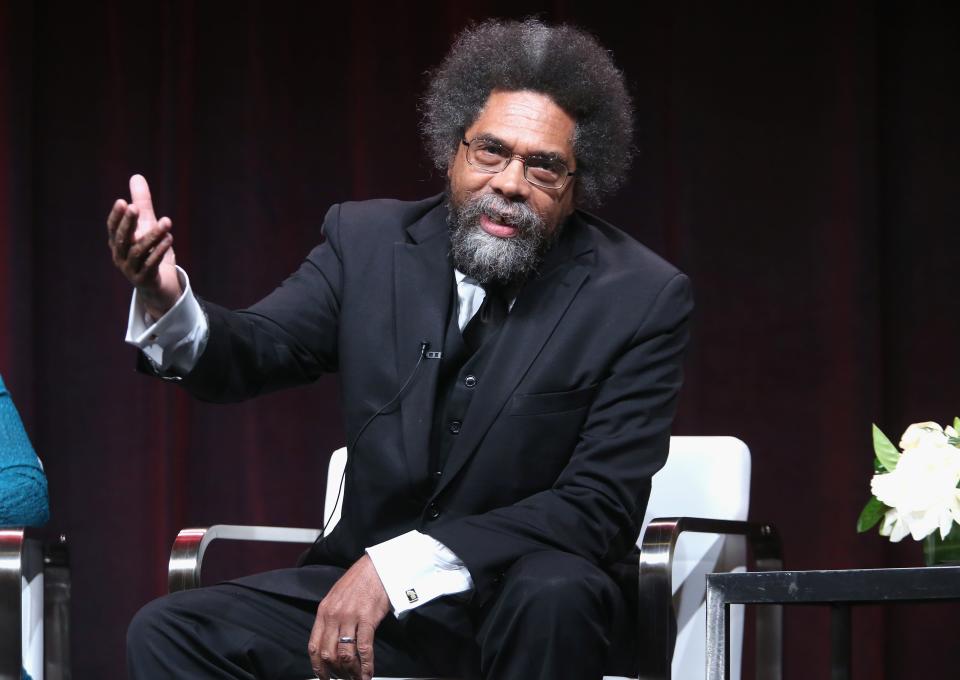

In the 2016 election, 8.3 million voters ‒ or 6% of the electorate ‒ chose a third-party candidate, Kondik said in an interview with USA TODAY.
"Maybe if all 8.3 million had voted for someone in the major parties, it could’ve potentially changed the result," he said. Hillary Clinton won the popular vote by nearly 2.9 million votes but lost the Electoral College votes to Trump 304-227.
About 2% of the electorate voted for a third party in 2020.
Recent third-party performance has generally been strongest in Western states and weakest in the South, Kondik said, and the states most likely to decide this year's election have not had high average third-party voting this century.
Third-party candidates often poll better than they perform, particularly this far out from Election Day, Kondik said. By November, when voters think more seriously about their decision, fewer may decide to go outside the two major parties.
Third-party candidates may influence who eventually wins, but Kondik says they "have no chance" of winning themselves.
"There may be someone who wants to cast a protest vote ‒ that’s what I think effectively a third-party vote would be," he said.
Casting a ballot in protest
Rhode Island Secretary of State Gregg Amore said he doesn't like to think of any votes as "wasted."
“I think voters should be critical thinkers,’’ Amore said. “Your vote is yours and you can do with it what you want, and I think you should. But I think you should critically think about what that vote means.
“If you want to vote for Cornel West, you should because you believe in that vote.”
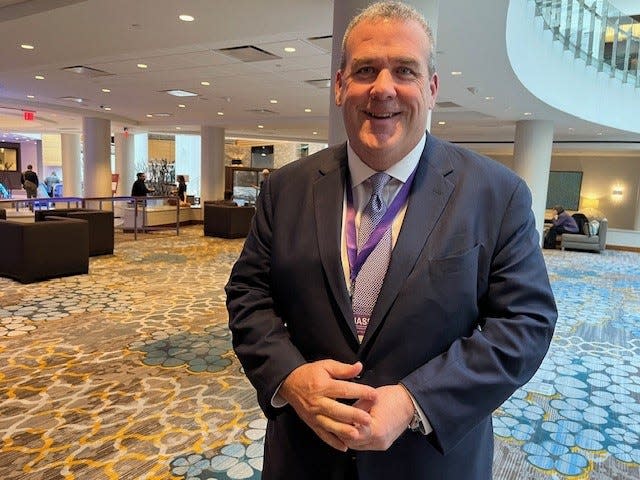
Marcus McDonald, 27, a lead organizer for Charleston (South Carolina) Black Lives Matter, said he and many other young voters are turned off by the candidates offered by both major parties.
He pointed to what he sees as failures by Biden in particular, including not calling for a cease-fire in the Israel-Hamas war to protect Palestinians, as well as the rising cost of groceries.
“There’s a lot of dissatisfaction,’’ McDonald said. “People are wanting a lot more and feeling like they’re promised things, and those promises aren’t kept.”
McDonald said he’s leaning toward supporting West, who passed on seeking the Green Party nomination in October. McDonald noted the renowned college professor’s presence last month at a pro-Palestinian march in Washington, D.C.
“I like his platform,’’ McDonald said. “He’s been on this radical Black activism for a long time. And I’m a big fan of his.”
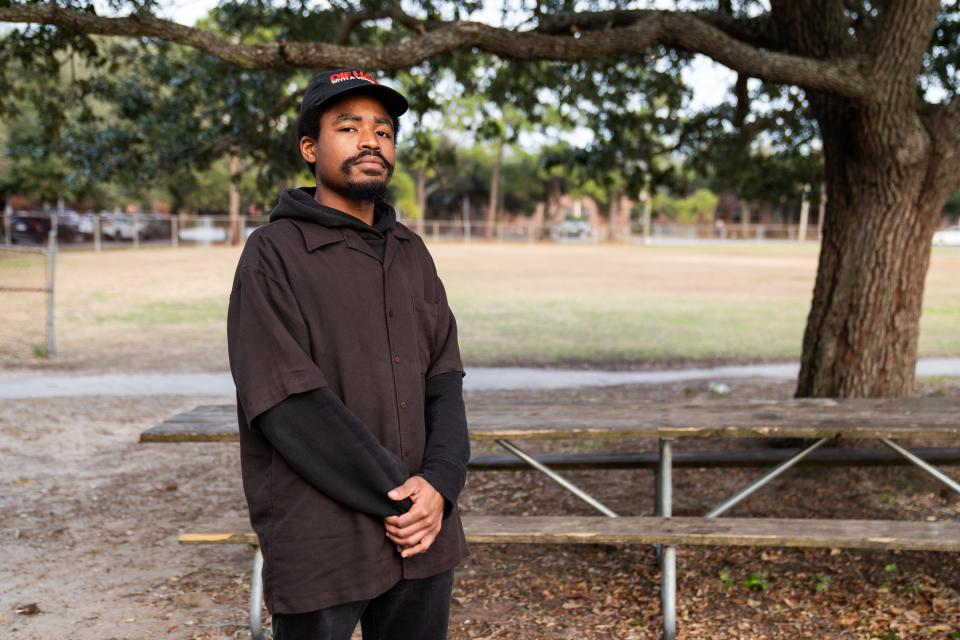
Keyes, the Californian who supports Kennedy, said he appreciates his authenticity and "straight talk."
Keyes became even more impressed after meeting Kennedy through a mutual friend at Kennedy's 70th birthday party/fundraiser last month in Los Angeles.
"I'm going to vote this time, no matter what," Keyes said, acknowledging that Kennedy is a long shot. "I think we need somebody new, refreshing. And in my mind, Kennedy is a genuine and viable option."
For his part, McDonald said, he wishes the U.S. had several major political parties, like countries such as France.
“People criticize third-party candidates all the time in the United States, but I don’t think we’ll ever have a third-party candidate unless we’re brave enough to support them.’’
This article originally appeared on USA TODAY: Third-party candidates fight for ballot access as voters seek change

